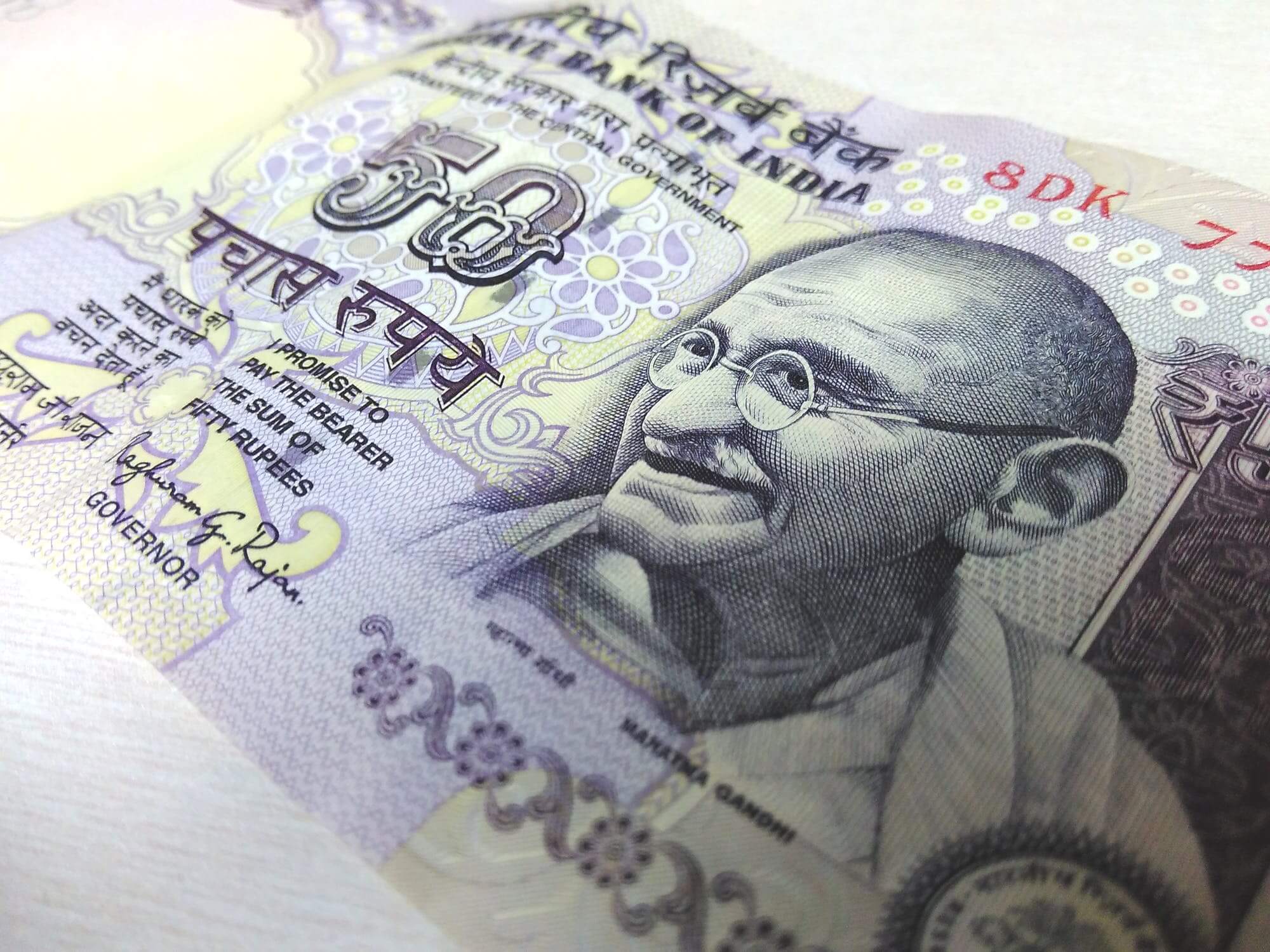

India RBI Blockchain Cryptocurrency
The Indian Supreme Court has resumed its crypto case hearing where proponents of digital assets have been arguing against the blanket ban of cryptocurrencies by the Reserve Bank of India (RBI).
Multiple experts have given constructive arguments for the use cases of digital assets and the important role they could play in the Indian economy.
Ashim Sood, representing the Internet and Mobile Association of India, reiterated the basic principles of cryptocurrency and blockchain to the court and discussed the important role of digital assets for blockchain-based solutions.
Crypto Kanoon, an Indian blockchain reporting service, has been tweeting live updates from the courtroom.
Apparently, Sood argued that the RBI didn’t necessarily have the jurisdiction to forbid cryptocurrency payments, claiming that the RBI’s measure to ban cryptocurrencies doesn’t conform to Indian constitutional principles.
Instead, Sood claimed that the RBI’s failure to regulate crypto was through a lack of understanding of the technology and a lacklustre approach to implementing necessary legislation.
Crypto Kanoon shared:
Sood concluded his argument by drawing parallels with other nations which have successfully regulated and taxed cryptocurrency payments, and effectively claimed that the RBI had no legal precedent to continue its digital asset ban.
The RBI disagreed with Sood’s assertion that digital assets were essential to blockchain, and indicated that it would look for ways to implement distributed ledger technology without adopting cryptoassets.
The RBI’s main argument against digital asset payments and cryptocurrencies is that fraudulent projects may undermine public trust in existing digital payment services.
In 2016, the RBI published a report on improving digital payments infrastructure where it discussed issuing a central bank digital currency (CBDC).
The report states:
“The Committee notes several benefits of digital currency, including the instantaneous settlement of transactions, reduction of costs of cash, ability to provide a more comprehensive and unified source of credit history, and reduction in instances of tax avoidance.”
However, the report was also quick to note that Bitcoin is beyond the scope of individual governments and separate to a nationally issued digital currency.
It seems that since 2016, the RBI has done little to change its stance on digital assets, which Sood criticised as “taking the kitchen sink approach” – doing little to understand the complex nature of the digital asset space.
Indian financial officials have previously argued that the strict ban on cryptocurrency will push away top developer talent from the nation, suggesting a u-turn on the crypto ban.
You can read more about digital assets in India here.
Denver, Colorado, 24th February 2025, Chainwire
Denver, Colorado, 20th February 2025, Chainwire
Washington, D.C., 18th February 2025, Chainwire
Dubai, UAE, 27th January 2025, Chainwire
Those who enter the market at this time may be surprised to hear that Bitcoin…
George Town, Grand Cayman, 22nd November 2024, Chainwire